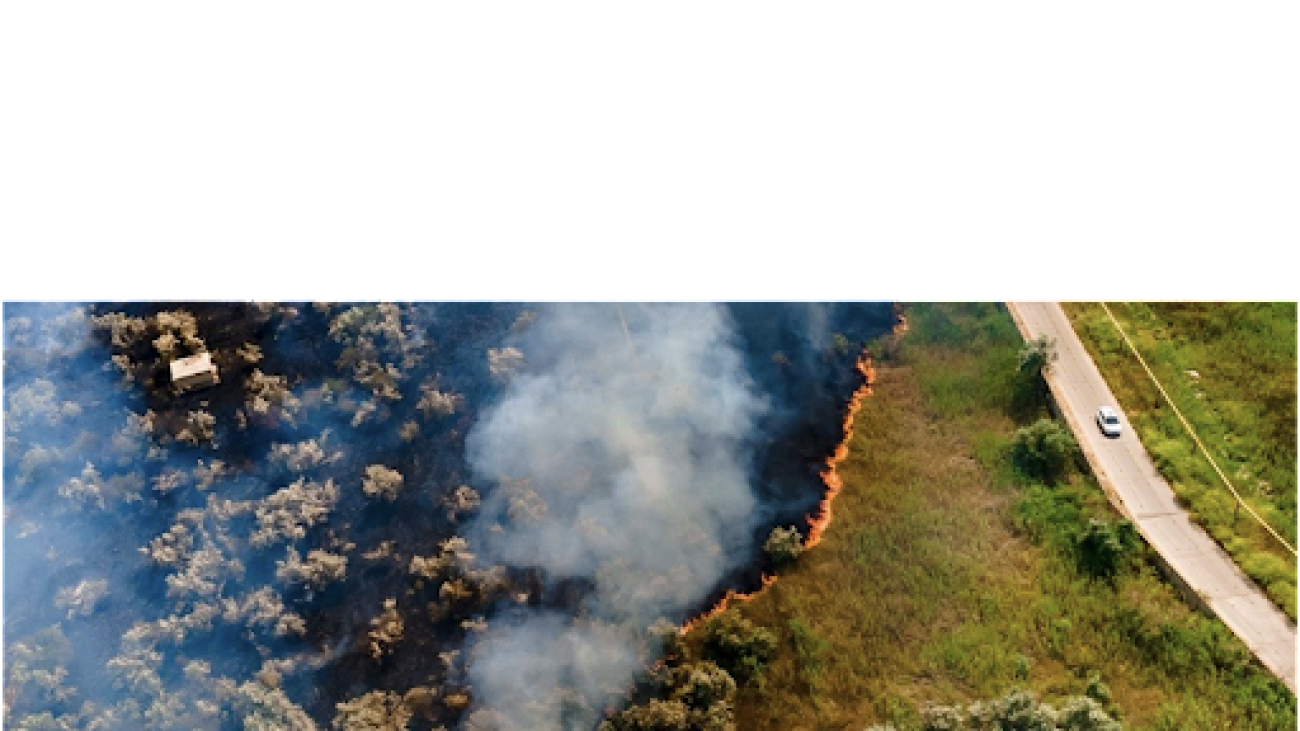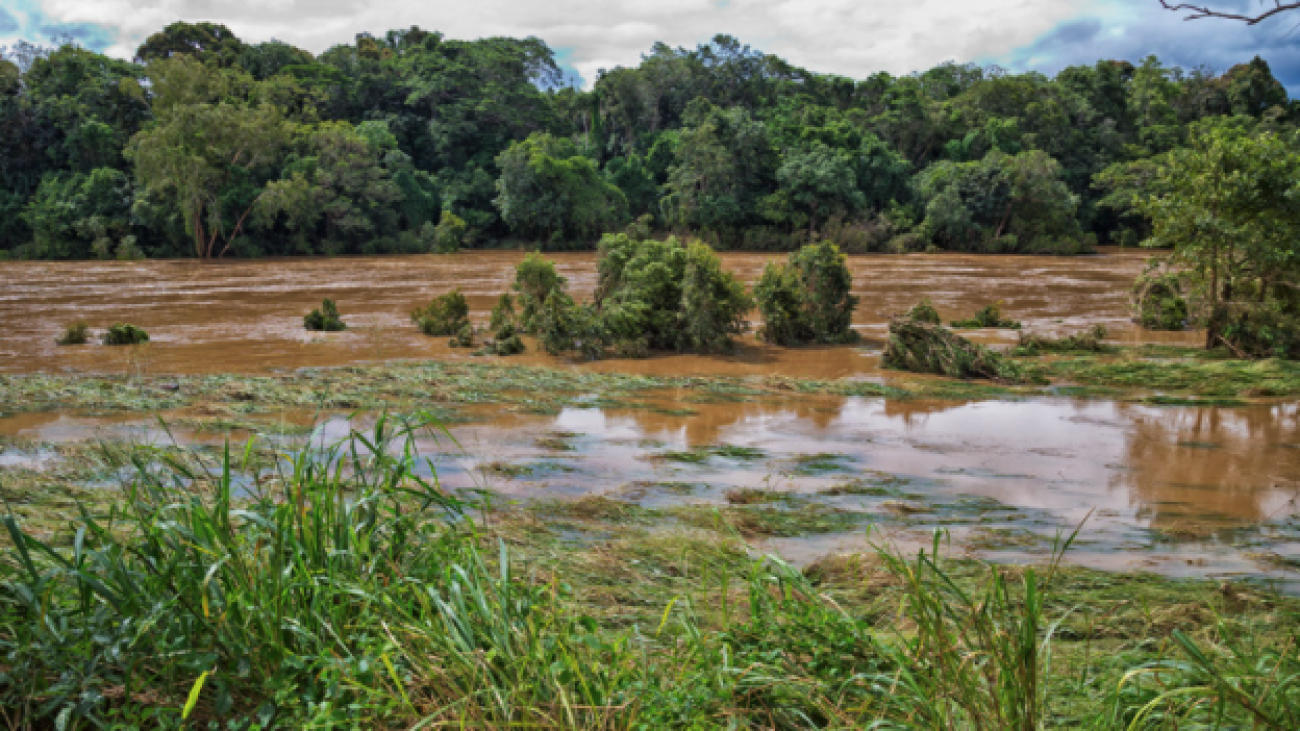“Essential Trade Credit Insurance Guide for Australian Businesses: Protect Your Cash Flow and Minimise Risk”
Why Trade Credit Insurance Matters for Australian Businesses
Maintaining financial stability is critical in today’s fast-paced and competitive Australian business environment. One of the growing challenges for businesses is managing the risks arising from offering customers trade credit. While extending credit can help build relationships and fuel growth, it can expose businesses to the risk of non-payment, delayed payments, or customer insolvency. This is where trade credit insurance comes into play, offering a robust safeguard that allows businesses to protect their cash flow and minimise the financial impact of unpaid receivables.
In 2024, with economic uncertainty and the potential for customer defaults increasing, businesses need to adopt proactive measures to mitigate risk. Trade credit insurance is a risk management tool and a strategy for promoting growth and stability. This comprehensive guide will explore the benefits of trade credit insurance for Australian businesses and how it can enhance financial resilience in domestic and international markets.
Understanding Trade Credit Insurance
Trade credit insurance, sometimes called accounts receivable insurance, protects businesses against financial losses when customers fail to pay their outstanding invoices. Whether a customer defaults due to bankruptcy, insolvency, or payment delays, trade credit insurance helps businesses recover some of these unpaid receivables. The goal is to ensure that companies maintain cash flow continuity and avoid significant financial setbacks from bad debts.
This form of insurance is particularly beneficial for businesses that offer credit terms to customers, especially in industries where 30, 60, or even 90-day payment periods are standard. By protecting accounts receivable, trade credit insurance offers peace of mind, allowing businesses to focus on core operations and growth without the looming threat of customer non-payment.
Critical Benefits of Trade Credit Insurance for Australian Businesses
Australian businesses stand to gain several strategic advantages from implementing trade credit insurance:
1. Risk Mitigation Against Customer Non-Payment
The most significant benefit of trade credit insurance is its ability to reduce the financial risk associated with customer non-payment. In 2023, insolvencies in Australia increased, particularly among small to medium enterprises (SMEs), with more than 7,300 businesses entering insolvency. This trend concerns companies that rely heavily on receivables for their cash flow. Trade credit insurance ensures businesses can recover a substantial portion of these losses, preventing crippling financial setbacks.
2. Improved Cash Flow Stability
Cash flow is the lifeblood of any business, and delays in receiving customer payments can significantly disrupt operations. Trade credit insurance provides businesses with the security of knowing that their receivables are protected. In the event of a non-payment, businesses receive compensation from the insurer, ensuring a steady flow of funds to meet day-to-day expenses and long-term obligations.
This steady cash flow helps businesses avoid the pitfalls of taking out costly loans to cover revenue gaps caused by unpaid invoices, enhancing overall financial stability.
3. Supporting Business Growth and Market Expansion
With trade credit insurance in place, businesses can confidently offer more flexible payment terms to customers without worrying about non-payment risks. This ability to extend credit can provide a significant competitive edge, enabling companies to attract new clients and enter new markets domestically and internationally.
Expanding into new markets often involves heightened financial risks, especially when working with unfamiliar customers or trading in volatile economies. Trade credit insurance allows Australian businesses to pursue growth opportunities with less risk, knowing their receivables are protected.
4. Enhancing Credibility and Trust
They have trade credit insurance signals to customers, suppliers, and financial institutions that a business is financially responsible and committed to safeguarding its operations. This added credibility could improve business relationships and create opportunities for more favourable financing terms. Lenders are more likely to offer better loan conditions when a company’s receivables are insured, as the perceived risk is reduced.
In addition, insured businesses may also enjoy better trade credit terms with their suppliers, as insurers often conduct risk assessments that provide valuable insights into customers’ creditworthiness.
How Trade Credit Insurance Works
Trade credit insurance is a straightforward but powerful tool that transfers the risk of non-payment from the business to the insurer. Here’s a breakdown of how it operates:
Policy Setup and Risk Assessment
When a business takes out a trade credit insurance policy, the insurer conducts a thorough risk assessment of the company’s credit portfolio. This analysis helps determine the appropriate coverage and ensures that the policy addresses the business’s specific risks, including customer payment behaviours, industry risks, and economic conditions.
Coverage for Unpaid Receivables
Once the policy is in place, the business is protected from losses due to customer defaults. If a customer fails to pay an invoice within the agreed terms, the company can file a claim with the insurer, covering a portion of the outstanding payment—typically up to 90%.
Debt Recovery and Legal Action
Many trade credit insurance providers cover unpaid receivables and assist with debt recovery. They may take legal action against defaulting customers to recover the owed amounts, reducing the business’s administrative and legal burden.
By mitigating financial risk and supporting debt recovery, trade credit insurance allows businesses to focus on their core operations rather than worrying about managing bad debts.
Customising Trade Credit Insurance to Fit Your Business Needs
Not all businesses have the same risk profile or credit requirements, and trade credit insurance can be customised to meet the specific needs of your industry, customer base, and financial goals. Here are some common ways trade credit insurance policies can be tailored to fit different businesses:
1. Industry-Specific Coverage
Different industries face unique risks when it comes to credit transactions. For example, businesses in the construction sector may have longer payment cycles and face heightened risks of non-payment due to the complexity of contracts and financial pressure on clients. On the other hand, businesses in the retail sector may have shorter payment cycles but face higher volumes of credit transactions. Trade credit insurance policies can be tailored to address these industry-specific risks.
2. Flexible Coverage Limits
Business cash flow often fluctuates depending on the season, customer demand, or overall economic conditions. Flexible coverage limits allow businesses to adjust their insurance to reflect these changes. For example, a company that experiences peak sales during the holiday season may opt for higher coverage during those months while scaling back coverage during slower periods.
3. Customer-Based Coverage
Trade credit insurance can be customised to cover specific high-risk customers or entire customer groups, depending on their creditworthiness. This ensures that businesses allocate their insurance resources efficiently, focusing on customers with higher financial risks while keeping premiums in check for low-risk clients.
By working with an experienced insurance consultant like Business Insurance Consulting, Australian businesses can explore options for customising their trade credit insurance policy to meet their unique requirements.
Who Should Consider Trade Credit Insurance?
Trade credit insurance benefits many businesses, particularly those that depend on customer payments to sustain their cash flow. Here are some examples of companies that should strongly consider trade credit insurance:
Wholesalers and Distributors: These businesses often credit retailers and other clients significantly. A single non-payment can have a considerable financial impact, making trade credit insurance an essential part of risk management.
Manufacturers: Manufacturers frequently provide goods on credit terms to distributors, suppliers, and international clients. Given the complexities of global trade and supply chains, trade credit insurance offers protection that can help stabilise cash flow and ensure business continuity.
Service Providers: Service-based businesses, especially those operating in industries such as construction, professional services, and logistics, can face long payment cycles. Trade credit insurance ensures payment delays or defaults don’t hinder cash flow or growth.
Exporters: For Australian businesses exporting goods internationally, trade credit insurance provides critical protection against non-payment from foreign customers, particularly in volatile or emerging markets.
Trade Credit Insurance in Australia: A Strategic Necessity
In the ever-changing economic environment 2024, Australian businesses face numerous challenges, from fluctuating market conditions to increased insolvencies and evolving payment practices. Trade credit insurance offers a strategic advantage by providing financial protection against these risks, allowing businesses to maintain stability, safeguard cash flow, and seize growth opportunities.
With insolvencies rising and Australian businesses increasingly vulnerable to non-payment risks, trade credit insurance is no longer a luxury—it’s a necessity. Implementing this type of insurance strengthens a business’s financial resilience and enhances its credibility, allowing it to thrive in domestic and international markets.
Partnering with Business Insurance Consulting
At Business Insurance Consulting, we understand the complexities of navigating today’s business environment. Our expert team is dedicated to helping Australian businesses identify the best trade credit insurance options tailored to their specific needs. By partnering with us, you’ll access personalised advice, in-depth risk assessments, and flexible coverage solutions that protect your business from credit risks and enhance financial stability.
Secure Your Business’s Future with Trade Credit Insurance
Trade credit insurance is essential for any business that extends credit to its customers. Mitigating non-payment risks allows enterprises to protect their cash flow, pursue growth opportunities, and maintain long-term financial stability. Australian businesses can confidently navigate the market’s uncertainties with a tailored trade credit insurance policy, ensuring a secure financial future.
For more information on how trade credit insurance can benefit your business, contact Business Insurance Consulting today.


























